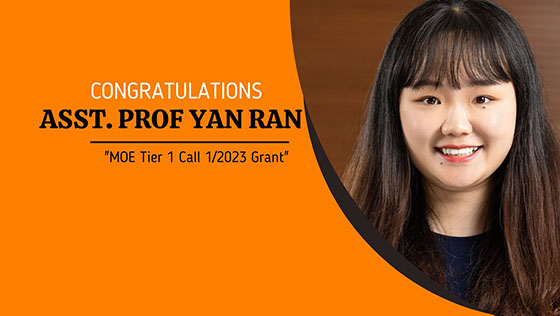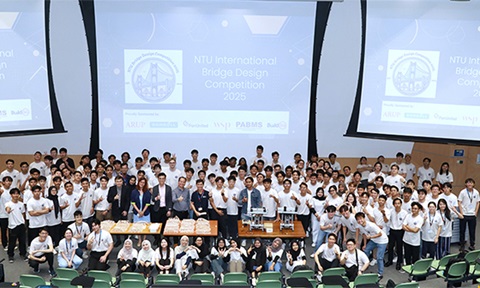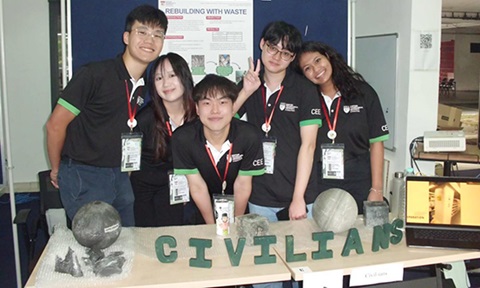Congratulations to Assistant Professor Yan Ran on the award of MOE Tier 1 Call 1/2023 Award

Project Write-up
Emissions of greenhouse gases and pollutants from shipping activities resulting from the consumption of fossil fuel oil are not negligible. One effective way to reduce fuel consumption and thus emissions from shipping activities is to optimize fuel consumption along a voyage by finely planning the vessels’ sailing speed profiles. The foundation of vessel sailing speed optimization is the accurate prediction of ship fuel consumption under different speeds and sea and weather conditions. A common data source for vessel fuel consumption prediction is the ship noon report, but it is usually associated with various errors, especially for the recorded sea and weather conditions.
This project aims to develop an integrated ship fuel consumption prediction and optimization framework by combining ship sailing behaviour from noon reports with dynamic and up-to-date sea and weather forecasts considering the time and position information of the vessel along a voyage. We first formulate an augmented data set that combines noon reports with external and accurate sea and weather information. An artificial neural network model featured with domain knowledge based on the augmented data set is then developed to predict vessel fuel consumption rates. Next, for a voyage on which the vessel sailing speed profile is to be optimized, we first divide the voyage into several segments where the sailing time is 6 hours (i.e., the sea and weather update time interval) on one segment. We then model the voyage as a network with nodes representing candidate sailing speeds and links representing fuel consumption amounts which are predicted by the ANN model. Then, the shortest path problem is solved to determine the speeds leading to the minimum vessel fuel consumption.
The above process repeats in a rolling horizon manner until coming to the destination. Numerical experiments based on two bulk carriers will be conducted to validate the proposed framework.







